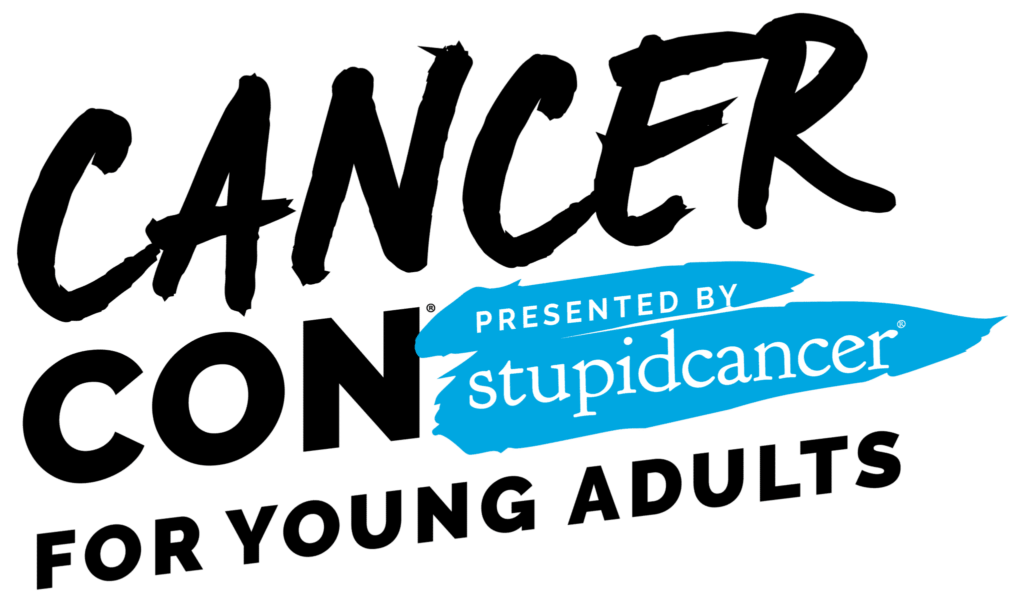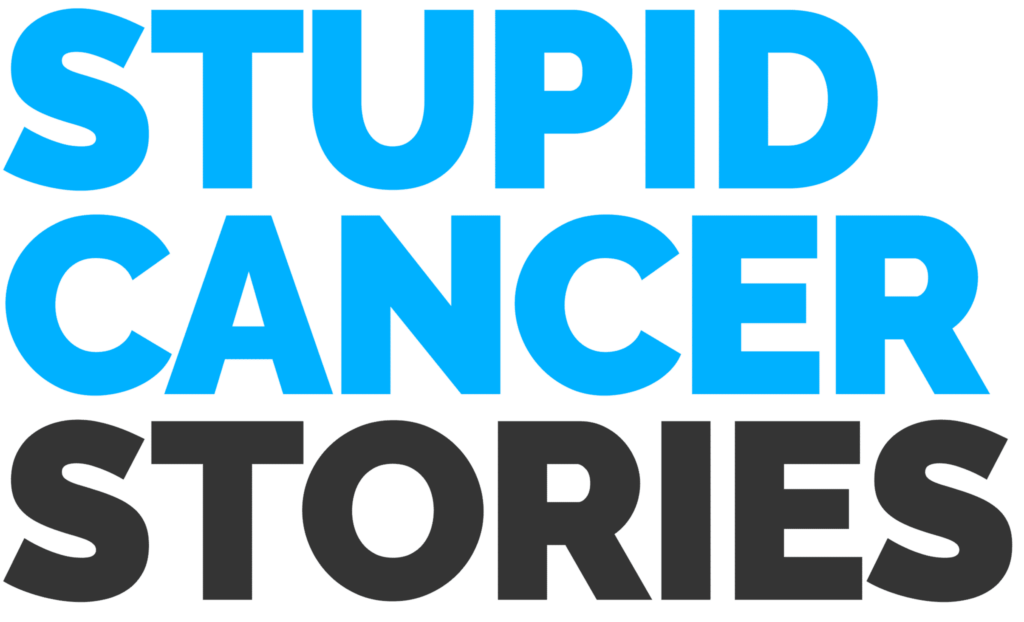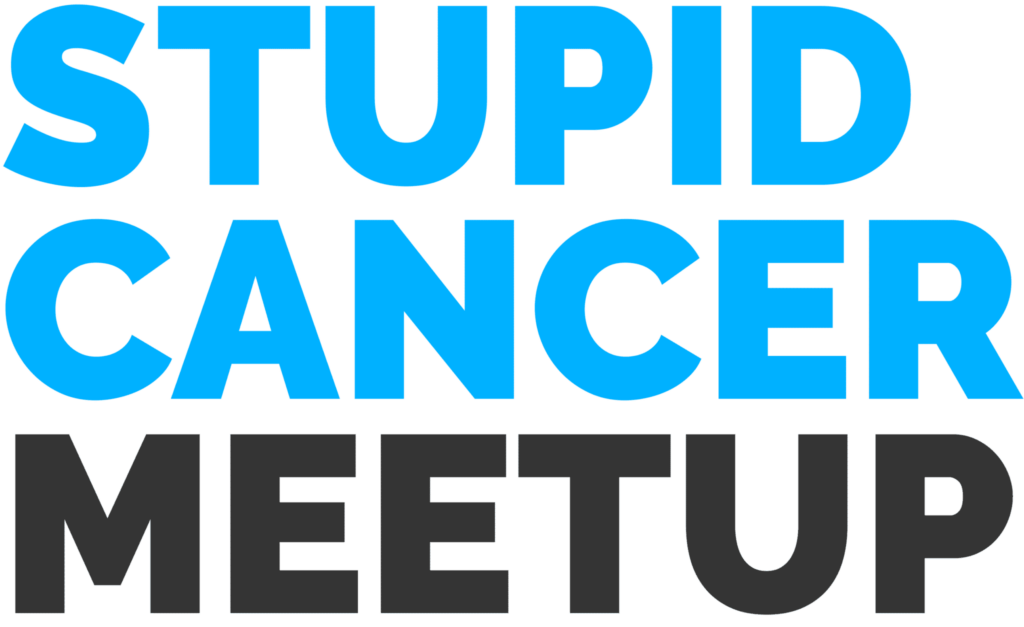Mental Health
Caring for your mental and emotional health is just as important as your physical health. Anxiety, stress, anger, and sadness are all normal for people dealing with cancer. It can be difficult to talk about your mental health challenges, but it’s important to seek help when it starts interfering with your daily life. Treating mental health issues is also important for your overall health. Studies have shown that even mild symptoms of untreated anxiety and depression are linked to poor response to treatment and medications, and can even negatively impact disease progression.
Many AYAs tell us that the hardest part of their cancer journey is managing their mental health after treatment. Survivor’s guilt, “scanxiety” (anxiety and fear that occurs before routine scans), and fear of recurrence can be overwhelming. It can be difficult to readjust “back to normal life”…whatever that means. If you’re on maintenance treatment or ongoing therapies, you may never have an “after” treatment. You may feel like cancer has changed who you are.
A psychiatrist, clinical psychologist, oncology social worker, or clinical social worker should be part of your care team. You may find one-on-one therapy sessions helpful, or you might prefer to attend a support group for AYAs or your disease type. Self-care strategies like exercise, meditation, journaling, art, and music can also be powerful tools to promote mental health.
Cancer can be incredibly isolating. While the support of friends and family is invaluable, they might struggle to understand your emotions or experiences with cancer. Talking directly to other survivors through peer-to-peer mentoring or social activities with Stupid Cancer can be validating. When you’re surrounded by other adolescents and young adults who just “get it,” it helps reduce the feelings of isolation you may be experiencing.
A message from our partner:
Check out this TEDx talk from long-time Stupid Cancer partner, Julie Larson, LCSW, on the power of “and.”
Questions to ask your provider...
How can I determine if my feelings are normal side effects from treatment or something more serious?
Can you recommend a counselor that has experience working with my type of cancer?
Can you recommend cancer support groups in my area?
What wellness or self-care resources does my treatment center offer?
More on Mental Health...
Mental Health & Your Survivorship Journey
Managing Survivor Guilt
Mental Health After Treatment
Learn about the research
Lorem ipsum dolor sit amet
Lorem ipsum dolor sit amet, consectetur adipiscing elit, sed do eiusmod tempor incididunt ut labore et dolore magna aliqua. Interdum velit laoreet id donec ultrices tincidunt arcu non. Purus in massa tempor nec feugiat. A erat nam at lectus urna duis convallis convallis tellus.Lorem ipsum dolor sit amet, consectetur adipiscing elit, sed do eiusmod tempor incididunt ut labore et dolore magna aliqua. Interdum velit laoreet id donec ultrices tincidunt arcu non. Purus in massa tempor nec feugiat. A erat nam at lectus urna duis convallis convallis tellus.
Lorem ipsum dolor sit amet
Lorem ipsum dolor sit amet, consectetur adipiscing elit, sed do eiusmod tempor incididunt ut labore et dolore magna aliqua. Interdum velit laoreet id donec ultrices tincidunt arcu non. Purus in massa tempor nec feugiat. A erat nam at lectus urna duis convallis convallis tellus.Lorem ipsum dolor sit amet, consectetur adipiscing elit, sed do eiusmod tempor incididunt ut labore et dolore magna aliqua. Interdum velit laoreet id donec ultrices tincidunt arcu non. Purus in massa tempor nec feugiat. A erat nam at lectus urna duis convallis convallis tellus.
Get Busy Living
Everyone’s cancer experience is different. You might identify as a survivor, thriver, warrior…or not be comfortable with any of those words. You might have had a single surgery or you could have gone through years of chemo. Maybe you’ll stay on maintenance treatment for the rest of your life. Either way, it all sucks.
No matter what your experience, Stupid Cancer wants to help you GET BUSY LIVING. After going through something as challenging and transformative as cancer, we know that it’s important that we live our full authentic lives every day.
That means something different for everyone. It could be wearing a neon green wig, training for a marathon, hiking in the wilderness, sharing your story, or just spending quality time with family and friends. The Stupid Cancer community is a vibrant, diverse group of adolescents and young adults that “get it” and are getting busy living in their own way every day.



